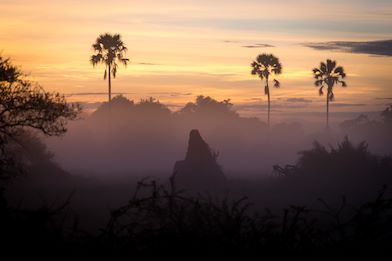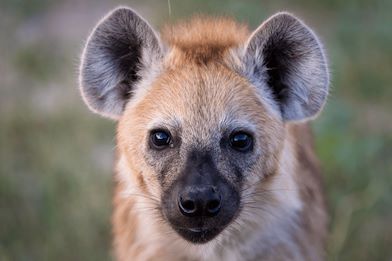Roughly 50% of the world’s bird species migrate, making them the most mobile of all wildlife on Earth, undertaking epic annual journeys as they do so. More than 100 migratory bird species have been recorded in southern Africa, with 44 Palearctic migrant species originating from Europe, Asia, northern Africa and the northern and central parts of the Arabian Peninsula. There are three major identified global flyways that birds use on passage – the one in Africa is known as the African-Eurasian Flyway.
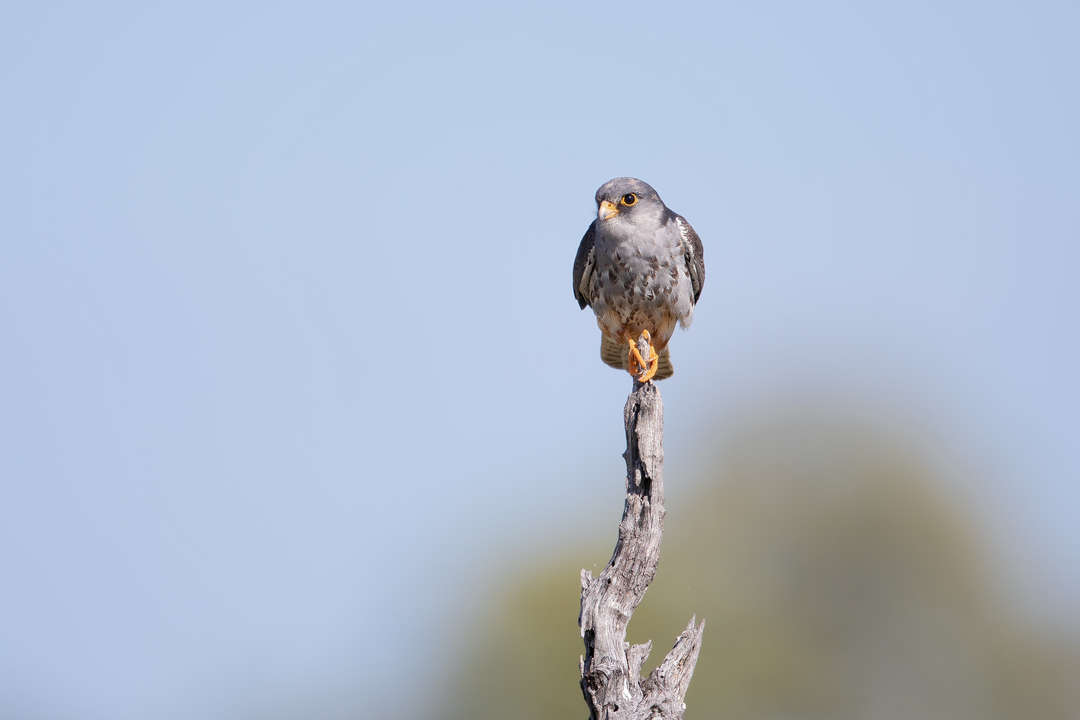
Why Do Birds Migrate?
Migratory birds travel very long distances on their annual journeys, sometimes even tens of thousands of kilometres, as they typically move between their breeding and non-breeding areas. The survival of migratory birds depends on the availability of well-connected links of habitats along their migration routes, which are used by birds for resting and feeding along the way. It is not only the breeding and wintering sites which are important, as these feeding and resting sites also fulfil key roles in the survival of migratory bird species.
What is World Migratory Bird Day?
Celebrated across the world on two peak days each year – on the second Saturday in May and October – World Migratory Bird Day is the only international awareness-raising and education programme that celebrates the migration of bird species along all the major flyways of the world. The aim of World Migratory Bird Day is to celebrate the marvel of bird migration, but also increase the level of awareness about the many threats migratory birds are facing. Human activity over the past century has unfortunately increased the many hazards they face when crossing inhospitable areas, particularly vast, sprawling cities with all their light pollution and various towering structures. Habitat loss, pesticides, and hunting or trapping for food on their stopover grounds have also taken major tolls, the large decline in Amur falcons being just one example.
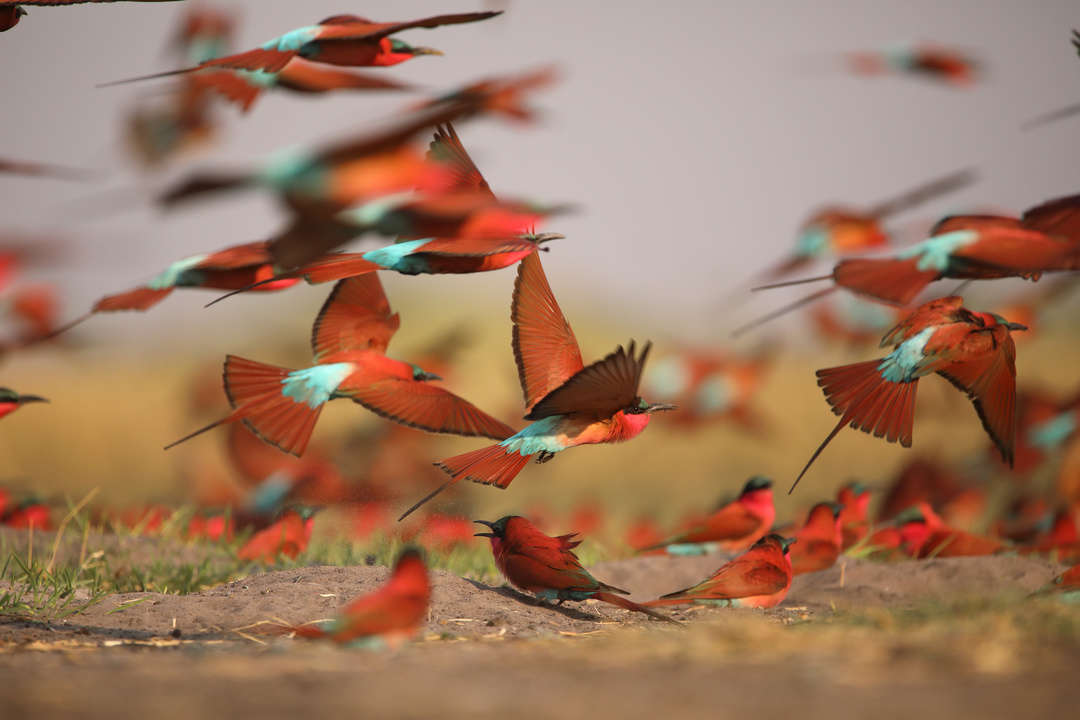
World Migratory Bird Day 2021 invites people to connect and re-connect with nature by actively listening to – and watching –birds, wherever they are. Birds are omnipresent: in suburbia and in the countryside; in parks and backyards, in forests and mountains, and in wetlands, grasslands and along coastal shores. They connect all these habitats and they connect us, reminding us of our own connection to the planet, the environment, wildlife and each other. Through their seasonal movements, migratory birds are also regularly reminding us of nature’s cycles.
During the COVID-19 pandemic, which slowed down many activities by limiting our movements, people across the world have been listening to and watching birds like never before. For many people around the world, bird song has also been a source of comfort and joy during this time, connecting people to nature yet again.
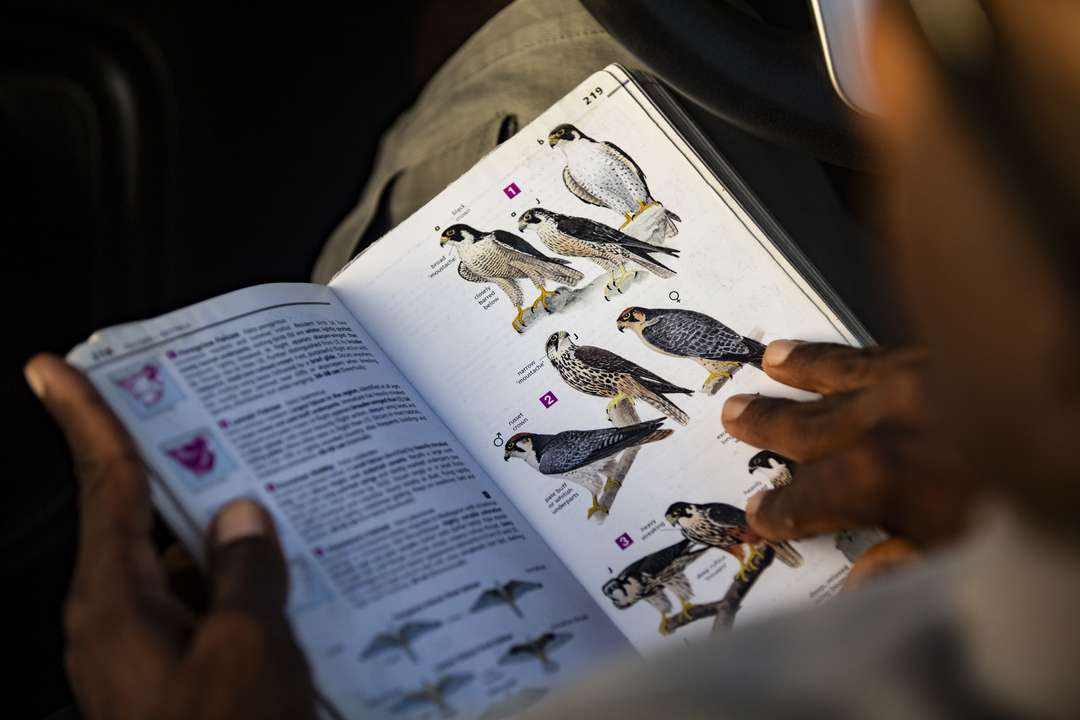
What Are The Problems Faced by Migratory Birds?
Scientists around the world have also been studying the impact the pandemic is having on birds and other wildlife, looking at how the ‘anthropause’ – the so-called global shutdown in human activity resulting from the COVID-19 pandemic – has affected birds and other wildlife around the world. Clearly, the pandemic has been an unprecedented challenge for humankind. At the same time, it brought a much-needed respite for wildlife and has also brought a whole new level of awareness and appreciation for birds and the importance of nature for our own wellbeing.
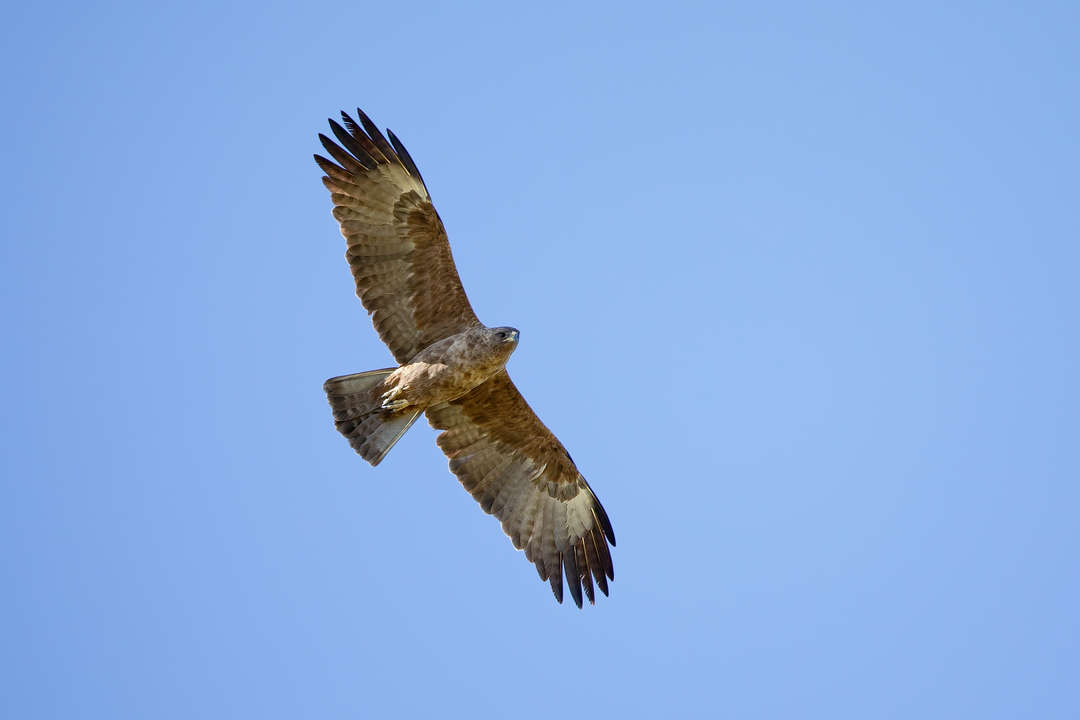
When Do Birds Migrate?
Most migrant species in southern Africa are now absent (mostly present October – April) as they journey arduously northwards again to their breeding grounds. I cannot wait, however, for their return later in the year, when our southern African skies and landscapes are filled once again with many types of African migratory birds, particularly storks, swallows, kingfishers, cuckoos, rollers, raptors and warblers. Luckily, 8 May is also Global Birding Big Day, an annual celebration of the birds around us. No matter where you find yourself, help celebrate World Migratory Bird Day, and share all your bird sightings with eBird.
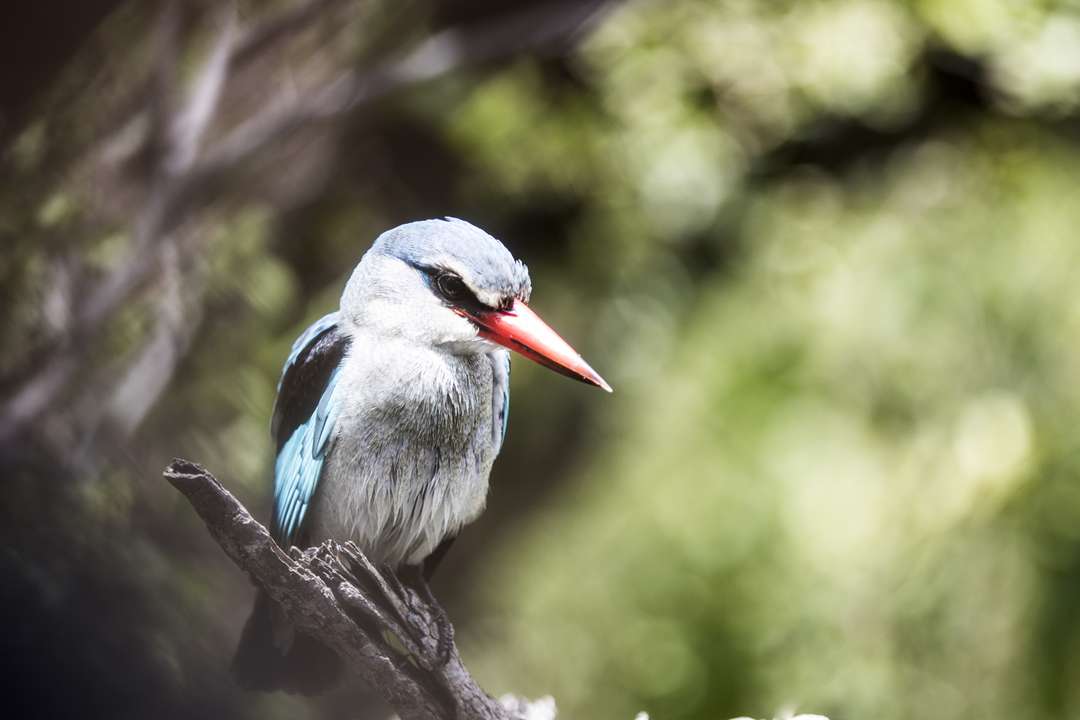
Learn more here as to how you can participate:
World Migratory Bird Day - https://www.worldmigratorybirdday.org/participate
eBird Website - https://ebird.org/news/global-big-day-8-may-2021
